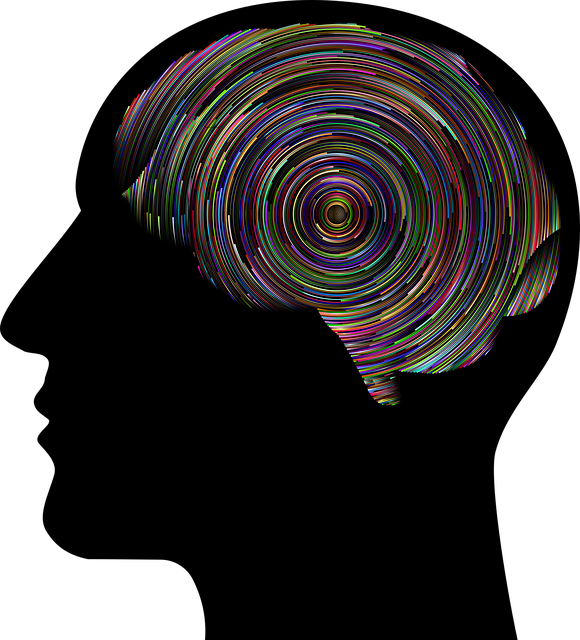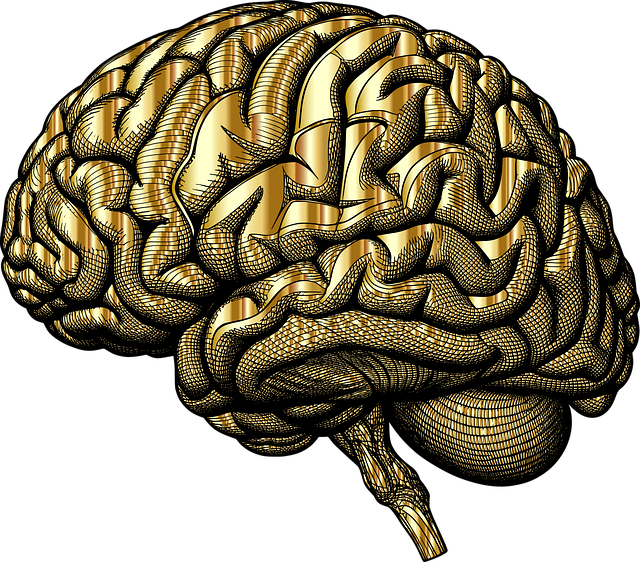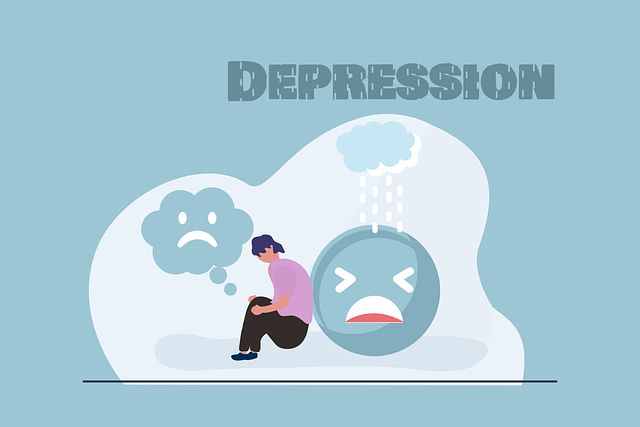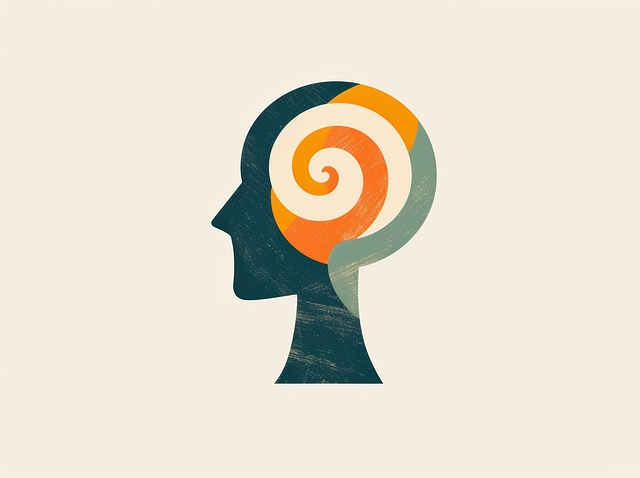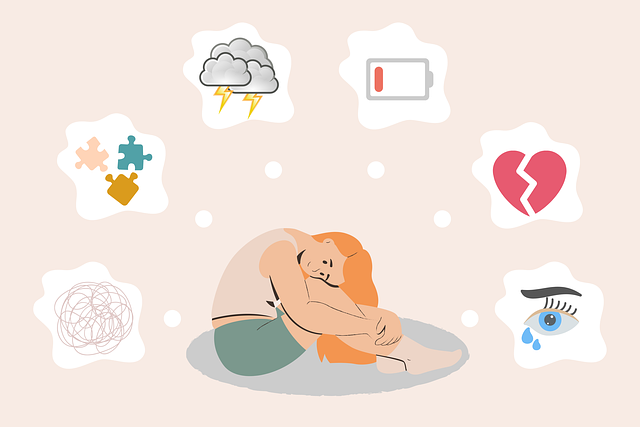Emotional intelligence (EQ) is a powerful tool for managing Attention Deficit Disorder/Hyperactivity Disorder (ADD/ADHD), addressing the complex interplay of emotions, cognition, and behavior. Therapy for ADD-ADHD integrates EQ training, including self-awareness, empathy, and communication skills, alongside stress reduction and emotional healing techniques. This holistic approach enhances focus, reduces impulsivity, and improves overall functioning, significantly boosting quality of life for individuals with ADD/ADHD. Incorporating EI skills like mindfulness, CBT, and journaling into daily routines can further enhance well-being and concentration.
Emotional intelligence (EI) is a powerful tool for managing Attention Deficit Disorder/Hyperactivity Disorder (ADD/ADHD), offering strategies to navigate challenges and improve overall well-being. This article delves into understanding EI, exploring its significance in coping with ADD/ADHD symptoms, and providing actionable tactics. We discuss how enhancing emotional awareness and regulation through therapy for ADD-ADHD can transform daily routines, fostering better focus and mental health. By integrating these skills, individuals can navigate life’s ups and downs with increased confidence and resilience.
- Understanding Emotional Intelligence and its Significance in Managing ADD/ADHD
- Strategies to Enhance Emotional Awareness and Regulation for Individuals with ADD/ADHD
- Integrating Emotional Intelligence Skills into Daily Routines for Better Focus and Well-being
Understanding Emotional Intelligence and its Significance in Managing ADD/ADHD

Emotional intelligence (EQ) is a vital skill to cultivate, especially for individuals managing Attention Deficit Disorder/Attention Deficit Hyperactivity Disorder (ADD/ADHD). It offers a powerful toolkit for navigating the unique challenges associated with this neurodevelopmental condition. EQ enables people with ADD/ADHD to better understand and regulate their emotions, which can significantly enhance their ability to focus, manage impulsivity, and improve overall functioning.
Through therapy for ADD-ADHD, emotional intelligence training focuses on developing self-awareness, empathy towards others, and effective communication skills. This holistic approach addresses the complex interplay between emotion, cognition, and behavior. By learning stress reduction methods and emotional healing processes, individuals with ADD/ADHD can mitigate the impact of their symptoms and improve their quality of life. A comprehensive risk assessment for mental health professionals is essential to tailor interventions, ensuring a supportive environment that fosters growth and promotes successful outcomes.
Strategies to Enhance Emotional Awareness and Regulation for Individuals with ADD/ADHD

Building emotional intelligence is a significant aspect of well-being, especially for individuals with Attention Deficit Hyperactivity Disorder (ADHD) or Attention Deficit Disorder (ADD). Enhancing emotional awareness and regulation can be transformative, helping to manage symptoms like impulsivity, restlessness, and difficulty focusing. Therapy for ADD-ADHD often incorporates strategies tailored to these unique challenges.
One effective approach is Social Skills Training, which teaches individuals how to interpret non-verbal cues, understand social norms, and respond appropriately in various situations. This can mitigate social anxiety and improve relationships. Additionally, mindfulness practices and Cognitive Behavioral Therapy (CBT) techniques are valuable tools for emotional regulation. By learning to recognize and manage their emotions, individuals with ADD/ADHD can prevent burnout and develop healthier coping mechanisms, thereby enhancing their overall quality of life.
Integrating Emotional Intelligence Skills into Daily Routines for Better Focus and Well-being

Integrating emotional intelligence (EI) skills into daily routines can significantly enhance focus and overall well-being, offering a valuable tool for individuals seeking to manage conditions like ADD-ADHD. Therapy for ADD-ADHD often emphasizes the importance of developing self-awareness and emotional regulation strategies. By incorporating practices such as mindful breathing exercises or journaling, individuals can cultivate a deeper understanding of their emotions and triggers. This awareness allows for better management of impulsive behaviors and improved concentration during tasks.
Moreover, integrating EI into daily routines promotes positive thinking and inner strength development. Stress Management Workshops Organization often highlights the connection between emotional well-being and mental clarity. Regular practice of empathy, active listening, and self-reflection fosters a sense of resilience and equips individuals with effective coping mechanisms. This holistic approach not only enhances productivity but also contributes to improved mental health and overall life satisfaction.
Emotional intelligence (EI) is a powerful tool for managing Attention Deficit Disorder/Hyperactivity Disorder (ADD/ADHD). By understanding and implementing strategies to enhance emotional awareness and regulation, individuals with ADD/ADHD can significantly improve their focus and overall well-being. Integrating EI skills into daily routines, much like exploring therapy options for ADD-ADHD, offers a holistic approach to managing symptoms and fostering personal growth. This journey towards emotional intelligence is a game-changer, enabling folks with ADD/ADHD to navigate life’s challenges with greater ease and resilience.

